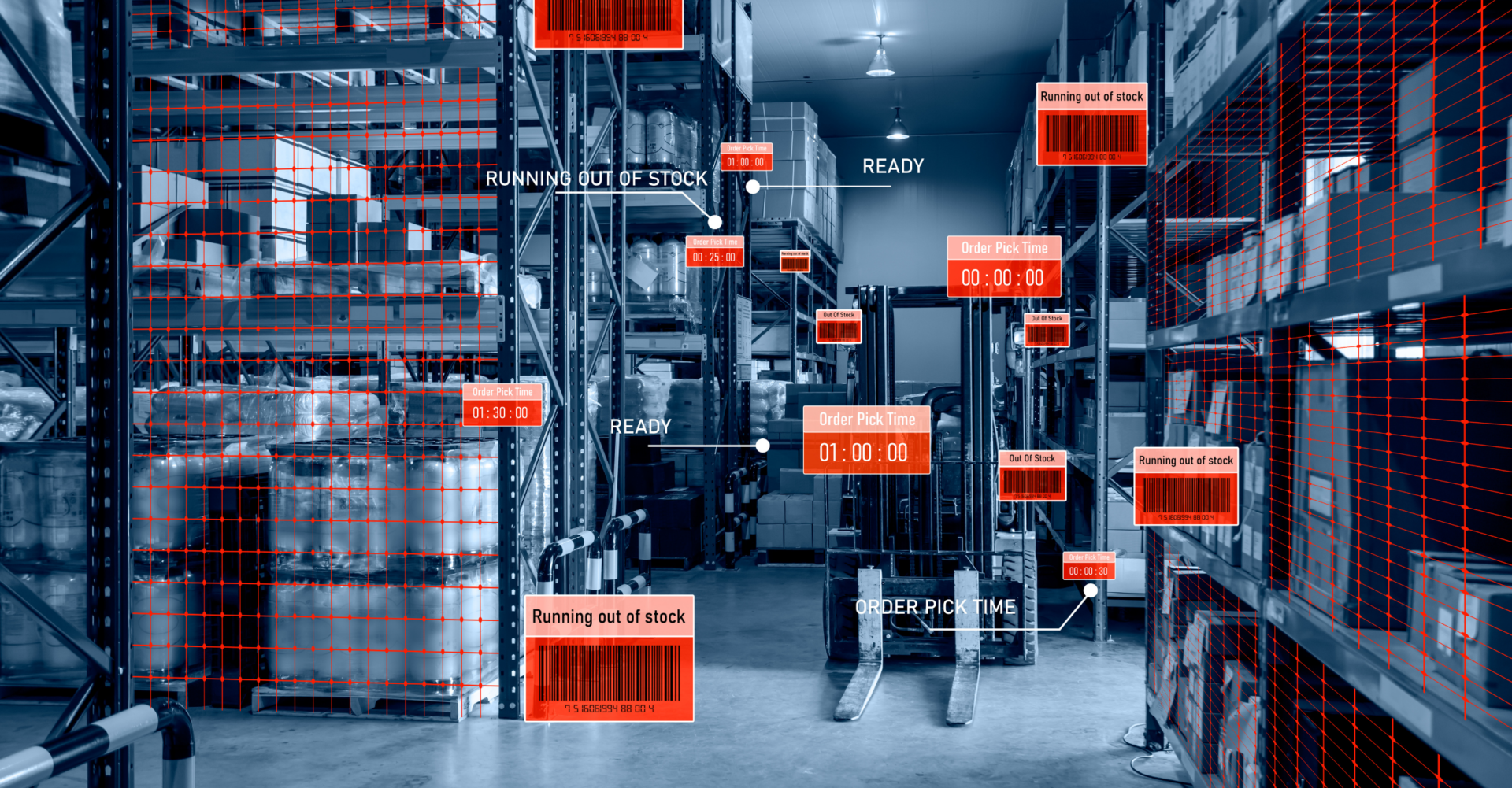
The Role of Cybersecurity in Safeguarding BECA’s Digital Assets
The modern business landscape is more interconnected than ever, offering numerous advantages such as improved communication, increased efficiency, and easy data accessibility. However, this interconnectedness also brings an array of vulnerabilities and risks that companies must navigate. This is where cybersecurity comes into play, serving as a critical component for protecting digital assets and ensuring business continuity. This blog post aims to elucidate what exactly cybersecurity does for a company like BECA.
The Importance of Cybersecurity for BECA
BECA, as an organization deeply invested in leveraging technology for business operations, has a lot at stake when it comes to cybersecurity. Cyber threats such as malware, phishing, and data breaches can potentially jeopardize not only the company’s data but also its reputation and financial stability.
Cybersecurity, in this context, acts as a protective shield, mitigating risks associated with:
Data Theft
Financial Loss
Legal Consequences
Brand Degradation
Disruption of Operations
Pillars of Cybersecurity at BECA
1. Network Security
The first layer of defense is securing the network infrastructure. BECA employs state-of-the-art firewalls, intrusion detection systems, and secure access protocols to ensure that unauthorized entities cannot infiltrate the network.
2. Information Security
Critical data like customer records, financial documents, and intellectual property are encrypted and stored in secure environments. Strict access controls are applied so that only authorized personnel can access this information.
3. Endpoint Security
Every device connected to BECA’s network is a potential entry point for cyber-attacks. Therefore, endpoint security measures like antivirus programs and mobile device management are implemented.
4. Cloud Security
With much of BECA’s data and applications hosted in the cloud, it’s crucial to have robust cloud security measures in place. These may include encryption, identity and access management (IAM), and multi-factor authentication (MFA).
5. Physical Security
Physical servers, workstations, and other hardware are safeguarded through biometric locks, surveillance cameras, and secure access cards to prevent physical tampering.
The Role of a Cybersecurity Team at BECA
The cybersecurity team at BECA carries out multiple functions:
Risk Assessment: Regular audits are performed to identify potential vulnerabilities in the system.
Policy Implementation: Based on the risk assessment, policies and protocols are put in place to mitigate identified risks.
Monitoring and Incident Response: Continuous monitoring helps in detecting and responding to any security incidents in real-time.
Employee Training: One of the weakest links in cybersecurity is human error. Regular training programs educate employees on the best practices for ensuring cybersecurity.
Regulatory Compliance
Cybersecurity is not just about fending off attacks; it’s also about adhering to various laws and regulations like GDPR, HIPAA, or CCPA depending on the nature of the business. BECA’s cybersecurity measures ensure compliance with these regulations, thereby avoiding any legal ramifications.
Financial Impact
Effective cybersecurity can save BECA a substantial amount of money in the long term. According to reports, the average cost of a data breach in 2021 was $4.24 million. By investing in robust cybersecurity measures, BECA can significantly reduce the risk of such financial setbacks.
Competitive Advantage
In a business environment where data breaches are making headlines, a strong cybersecurity posture can actually serve as a unique selling proposition for BECA. Clients and customers are more likely to trust a company that can demonstrably protect their data.
Conclusion
For a technology-driven company like BECA, cybersecurity is not an optional add-on but a necessity. It acts as the cornerstone for safeguarding digital assets, ensuring operational continuity, and maintaining brand reputation. Moreover, it can have significant financial implications and can also serve as a competitive advantage in today’s digital landscape. By understanding the role and significance of cybersecurity, BECA can continue to focus on innovation and growth, secure in the knowledge that its digital realms are well-protected.
Share the IT Brain Power
More from the BECA Blog



